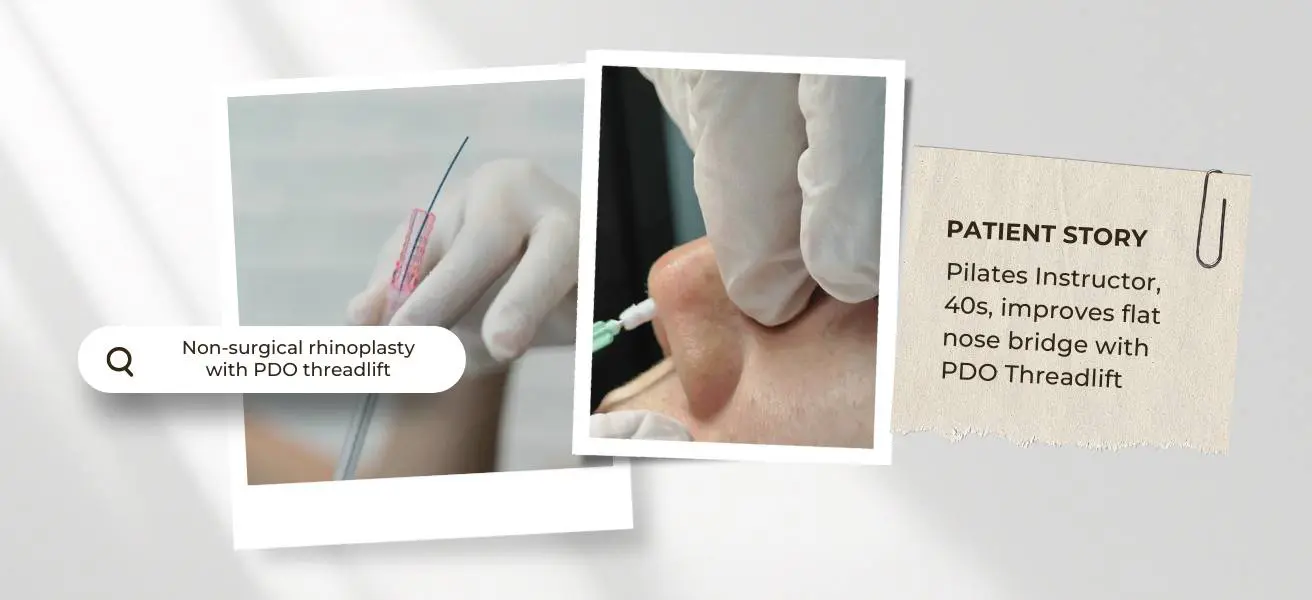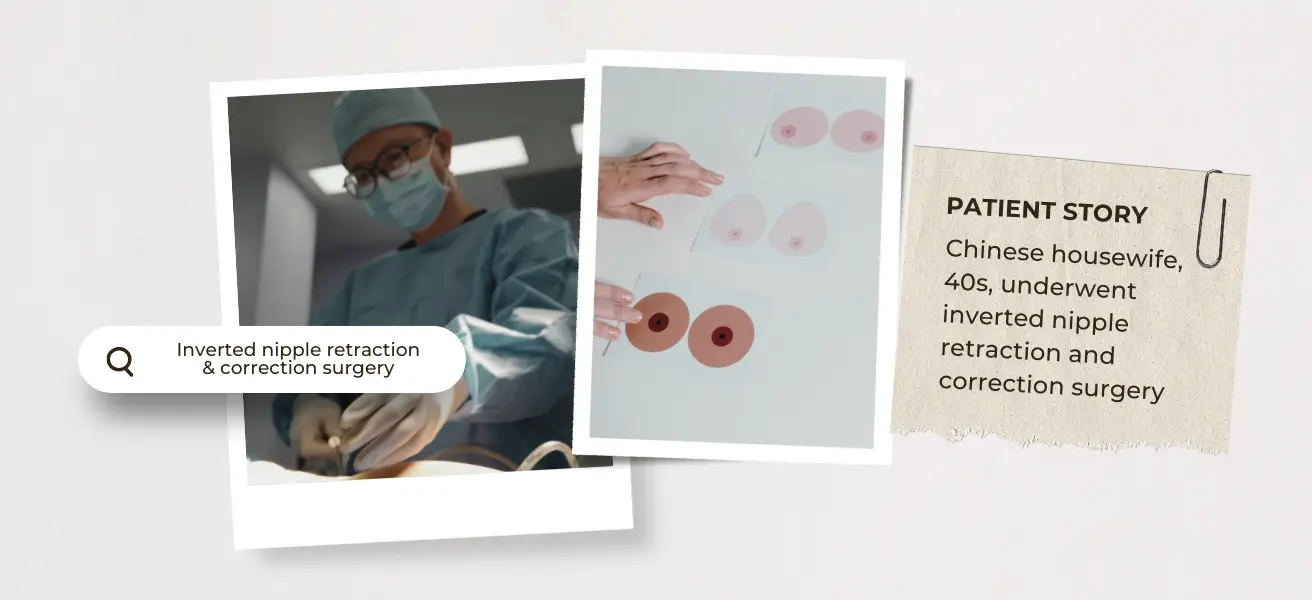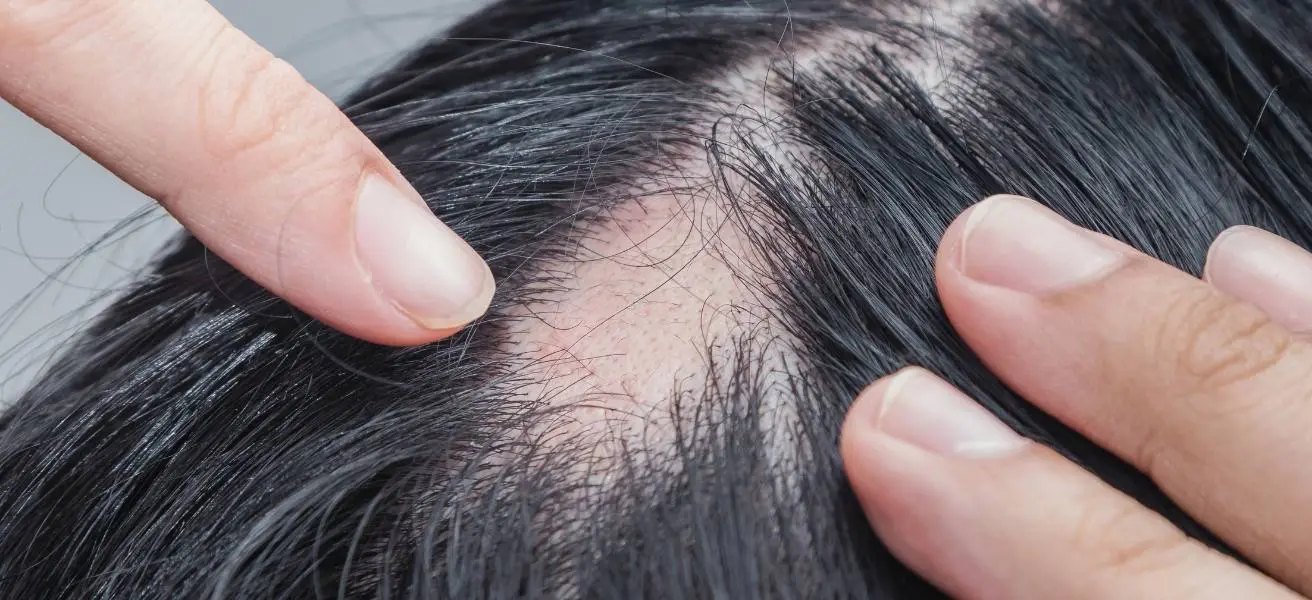"Abs are made in the kitchen." Weight loss, just like abs, also starts in the kitchen. Here are some healthy dietary habits to consider.
Table of Contents
Although liposuction, a surgical procedure for fat removal and body contouring, offers impressive results, many people are deterred by concerns about their potential post-surgery appearance. It’s a fact that an improperly executed liposuction can result in less-than-ideal body contouring, leading to scarring, uneven contours and dimpling. Nevertheless, choosing a skilled and experienced liposuction doctor can ensure you achieve the smooth, sleek outcome you want.
It’s really important to do your research before choosing a liposuction doctor. Ask plenty of questions, like how many procedures they do a week – and ask to see some “before” and “after” pictures.
Read related blogposts:
- Tummy Tuck vs Lipo Singapore: Which is suitable for me?
- FAQ During Lipo Consultation: MOH-Accredited Doctor
- How To Find The Right Vaser Liposuction Doctor In Singapore
- How To Choose A Liposuction Doctor in Singapore
Here, we pose a few questions to a Singapore doctor who is also the Chairman of Lipo Peer Review Committee of Singapore, DR IVAN PUAH of Amaris B. Clinic, about the intricacies of liposuction.

#1 What are the causes of botched liposuction?
Botched liposuction cases often occur due to undercorrection or overcorrection.
Undercorrection arises when an insufficient amount of fat is removed, necessitating the possibility of secondary liposuction to refine the outcome. Conversely, overcorrection occurs when an excessive amount of fat is removed, resulting in deviations from the intended body contour, leading to irregularities such as bumps, depressions and asymmetries. Inexperienced, poorly trained or unskilled liposuction doctors may inadvertently cause tissue trauma, while ineffective communication between the doctor and patient can contribute to less-than-ideal results.
#2 How to avoid it?
The effectiveness of liposuction in addressing localised fat deposits, especially in areas like the belly, waist or inner thighs, hinges on the expertise of the performing medical professional. To achieve successful body contouring through liposuction, it’s essential to entrust your care to an experienced liposuction doctor who possesses an in-depth understanding of the human anatomy, with a particular focus on the intricate layers of adipose tissue and musculature curves.
In my opinion, liposuction is not just fat removal – it’s 30% science, 70% art. To attain optimal body sculpting and fat reduction results, the liposuction doctor has to possess the artistic skill to harmoniously reshape the body, enhancing its aesthetic appeal while the delicate areas. This approach ensures the preservation of structural integrity and the delivery of satisfying outcomes.
#3 Is it normal to have dents or skin dimpling after lipo?
According to studies, this complication happens in roughly 20 percent of procedures. This is often due to inappropriate technique or the doctor’s inadequate experience in the procedure. This concern may also be linked to overly aggressive suction (fat removal), disregarding the individual’s unique muscular curvature, fat distribution and skin elasticity.
#4 Who might be an unsuitable liposuction candidate?
Individuals considering liposuction should be in good health in general and abstain from smoking. Those who are pregnant, breastfeeding, exhibit poor skin elasticity, experience blood-clotting disorders or have specific medical conditions may not be suitable candidates for the procedure.
Factors such as variations in skin elasticity or hard-to-access bulges may pose challenges during a procedure, increasing the chances of less-than-ideal outcomes if not managed by a seasoned liposuction doctor. It’s imperative to consult with an ethical physician who will candidly evaluate whether liposuction is suitable for your unique circumstances. Should an alternative procedure be more suitable, the doctor will offer informed recommendations.
#5 I have botched liposuction! When should I consider liposuction revision?
In most cases, patients are recommended to wait for a period of six months following their liposuction surgery. This waiting period is crucial to ensure that your body has sufficient time to heal from the initial procedure and that swelling does not obscure the evaluation for potential revision.
offer informed recommendations.
Read related blogposts:
- Vaser Liposuction Singapore: A Less Invasive Liposuction
- Should You Get Cosmetic Procedures Done Overseas?
- Common Questions on Body Sculpting with Liposuction
#6 What are the psychological effects on patients?
Experiencing a liposuction procedure gone awry can result in not only physical discomfort and unsightly scarring but also severe emotional distress. The aftermath can leave individuals feeling self-conscious, leading to a diminished sense of self-esteem. It’s not uncommon for patients to recount traumatic experiences from previous surgeries during consultations with me, with some even breaking down while sharing their stories. The consequences of such traumatic experiences extend beyond self-esteem issues, often encompassing social anxiety and, in some cases, severe depression.
#7 What are the signs of a botched liposuction?
Having an inexperienced or overly aggressive liposuction doctor perform this body contouring procedure can inadvertently result in unnatural body contours, noticeable asymmetry, lumps, unsightly indentations or irregularities in the skin texture.
#8 What are some things to keep in mind about corrective surgery?
Addressing the repercussions of an unsuccessful liposuction procedure is undoubtedly a complex journey. When contemplating corrective liposuction, it’s crucial to maintain realistic expectations. Liposuction is an intricate art, and not all practitioners possess the skills needed to navigate the nuances of corrective surgery.
Therefore, I strongly encourage patients to seek out an experienced lipo doctor in Singapore with a proven track record in rectifying such cases. The remedial process may also involve fat grafting techniques to smooth out dents and depressions, providing a comprehensive solution.





























